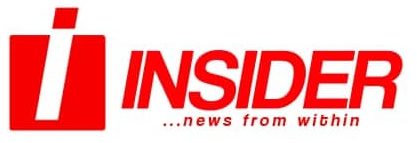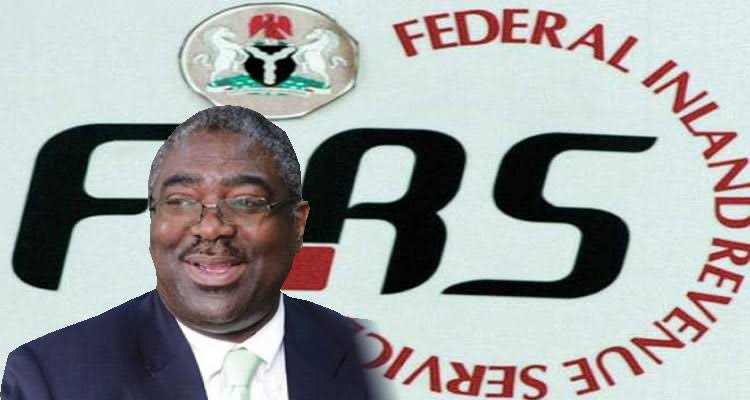By Shola Abayomi.
The Chairman of the Federal Inland Revenue Service (FIRS) Babatunde Fowler, has replied the query issued him by the Chief of Staff to the President, Abba Kyari.
INSIDER had earlier reported that the Presidency, through a query signed by the President’s Chief of Staff, Abba Kyari, sought explanations from the FIRS boss for insufficient tax collected between 2015 and 2018.
The query also directed Mr Fowler to submit a comprehensive report on August 19 (today), explaining the variances between the budgeted and actual collections for each main tax item for each of the years 2015 to 2018.
In his response, the FIRS chairman admitted that although, actual tax collection since the beginning of President Muhammadu Buhari’s administration is lower than the 2012-2014 period under former President Goodluck Jonathan, the FIRS under him (Fowler) has fared better in terms of specific non-oil tax types, such as VAT and CIT.
He attributed the poor revenue collection since 2015 to oil market crisis which has seen a fall in commodity price compared to the period under former President Jonathan.
He also blamed recession, which according to him, slowed down economic activities.
“The highlight of these collection figures was that during the period 2012 to 2014, out of the N14,527.85 trillion, oil revenue accounted for N8,321.64 trillion or 57.28%, while non-oil accounted for N6,206.22 or 42.72% and during the later period of 2016 to 2018, out of the N12,656.30 trillion oil revenue accounted for N5,145.8 trillion or 40.65% while non-oil accounted for N7,510.42 or 59.35%.
“Notwithstanding government efforts to diversify the economy; oil revenues remain an important component of all revenues accruable to the Federation.
“The crude oil price fell from an average of $113.72, $110.98 and 100.40 per barrel in 2012, 2013 and 2014 to $52.65, $43.80 and $54.08 in 2015, 2016 and 2017.
“There was also a reduction in crude oil production from 2.31 mbpd, 2.18 mbpd and 2.20 mbpd in 2012, 2013 and 2014 to 2.12 mbpd, 1.81 mbpd, and 1.88 mbpd in 2015, 2016 and 2017, respectively.
“The Nigerian economy also went into recession in the second quarter of 2016 which slowed down the general economic activities.
“Tax revenue collection (CIT and VAT) being a function of economic activities were negatively affected but actual collections of the above two taxes were still higher in 2016 to 2018 than in 2012 to 2014.
“During the years 2012, 2013 and 2014, GDP grew by 4.3%, 4.4% and 6.3%, while in 2015, 2016 and 2017, GDP grew by 2.7%, -1.6% and 1.9%, respectively. The tax revenue grew as the economy recovered in the second quarters of 2017.
“In 2012, the VAT collected was N802 billion compared to N1.1 trillion in 2018. This increase is attributable to various initiatives such as ICT innovations, continuous taxpayer education, taxpayer enlightenment, etc embarked upon by the Service”, the FIRS chairman explained.
The Presidency, today noted that the query issued to Fowler was not meant to be misconstrued as him being under investigation.


